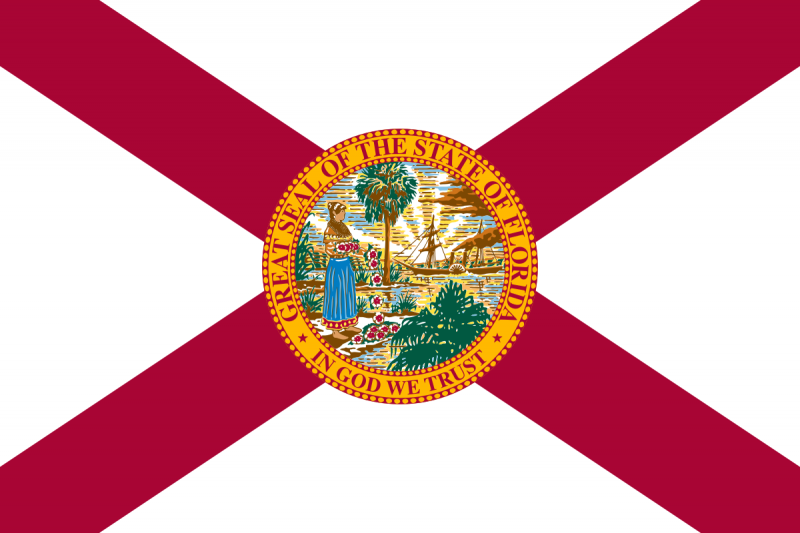
A pair of Florida lawmakers are aiming to end a counterproductive and inefficient way to collect fines and fees: driver’s license suspension.
In Florida, a person’s driver’s license can be suspended as punishment for unpaid court debt. This practice has drawn criticism from both parties as an irresponsible way to collect fines and a cyclical disaster for low-income offenders that is unrelated to road safety.
State Senator Tom Wright and Rep. Chip LaMarca have introduced HB 557 and Senate Bill 386 which would end the suspension of driver’s licenses if the underlying reason for an unpaid fine or fee in a criminal case.
Read ATR’s letter of support for HB 557/SB 386.
License suspension for a criminal traffic offense is a warranted, common sense punishment. To suspend a person’s driver’s license where their debt resulted from something unrelated to driving doesn’t line up, and serves to make that debt much more difficult to pay.
“If you’re taking away someone’s ability to drive and ability to work, how are they going to earn the money that they need to earn in order to pay off the amount that they owe?” asks Ashley Thomas, the Florida state director of the Fines and Fees Justice Center. “These are folks who are reentering society after having served their sentence. They have criminal convictions. They’re already facing an uphill battle finding a job or finding an employer, and there’s a lot of jobs in Florida that require driving, so we’re basically just making it impossible for folks to be able to work.”
Results from California, one of the early states to reform driver’s license suspension, show that courts are now receiving more money because people are better able to pay their fines if they can drive to work. California’s courts reported a 9% increase in collections on newly issued traffic tickets following reform.
Illinois lawmakers passed legislation in January to end the policy of suspending driver’s licenses for unpaid “red-light and speed camera tickets.” There are now 14 states that have started to curb debt-related driver’s license suspensions.

